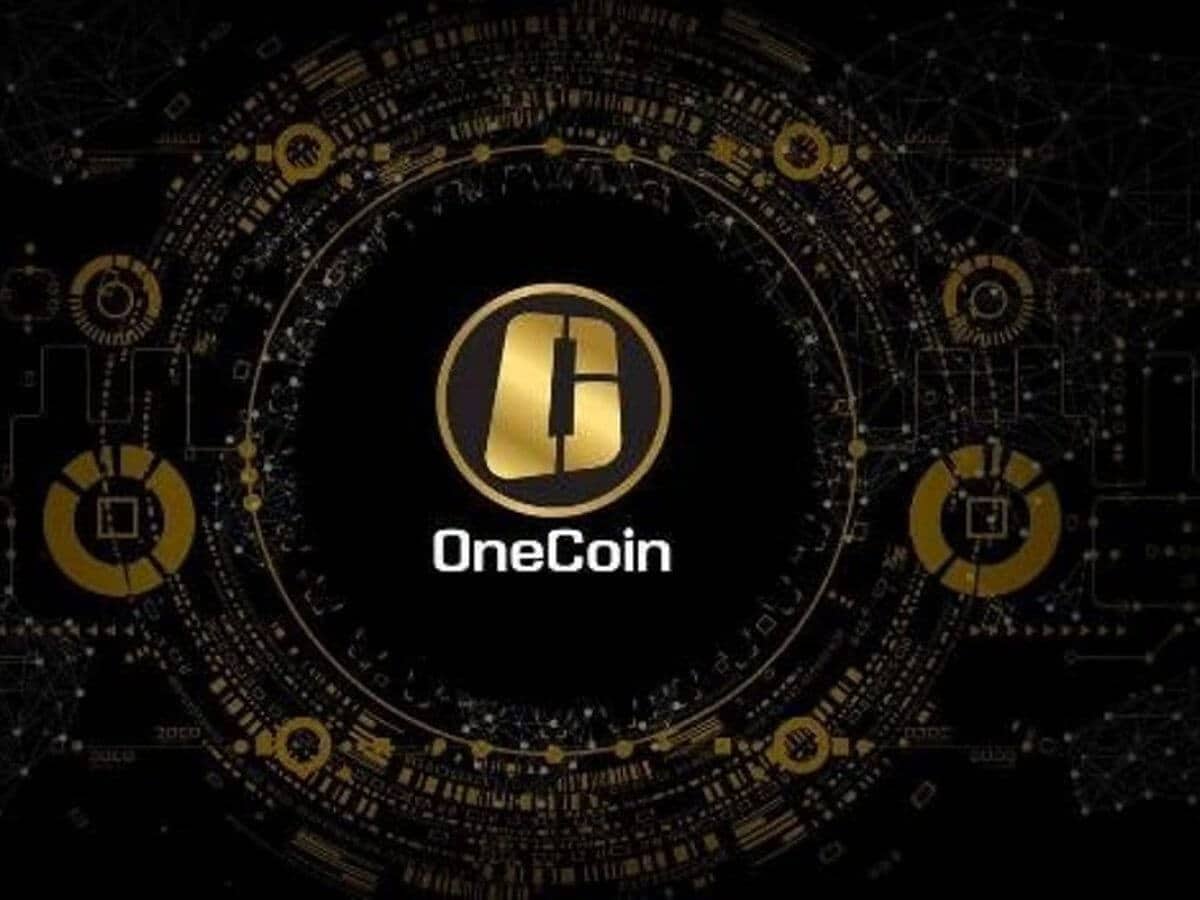Join Our Telegram channel to stay up to date on breaking news coverage
With the coronavirus hitting the United States economy especially hard, the government is looking to provide relief for small businesses. However, given the effects of the virus so far on companies and their ability to access credit, Washington has now decided to provide an opportunity for non-banks to step into the lending industry as well.
Participation for All
Last week, the United States Small Business Administration (SBA) published an application form that allowed non-banking financial service providers to register as lenders under the federal Paycheck Protection Program (PPP).
With this new initiative, the government has essentially opened the door for FinTechs and other financial service providers to step in with their loan programs and provide relief for businesses across the country.
The PPP was first introduced earlier this month as a part of the Trump administration’s $2 trillion relief program. It provides forgivable, low-interest loans to companies that have been affected in some way or the other by the coronavirus pandemic. Out of the government’s entire $2 trillion plan, about $350 billion has been earmarked for small business loans.
However, there was a bit of concern over these firms’ participation in the government’s loan program. Earlier this month, a report on Law 360 indicated that while FinTechs have the technology to help the federal government in its relief efforts, there are still some concerns over their inclusion.
One significant area of concern is the fact that a lot of non-bank FinTechs lack robust anti-money laundering (AML) compliance measures that will satisfy the Bank Secrecy Act. The act itself is a prerequisite for the PPP.
Michael Penney, a partner at Arnold & Porter, also noted that the interest rates on these loans – which have been set at 1 percent – might not be profitable enough for small-scale FinTech firms. Regardless, the government has gone ahead and incorporated the firms.
An Opportunity for FinTech Firms to Show Out
In an interview with news source Cointelegraph, John Pitts, head of policy at San Francisco-based FinTech firm Plaid, explained that although Treasury Secretary Steve Mnuchin had clarified that non-banks would also be allowed to lend money in this period, implementation has been slow from the onset.
Pitts added that given the timeframe and how extensive the virus’s effects have been so far, this is a step in the right direction. He pointed out that the new initiative will broaden the scope of the relief program, while also ensuring that even more companies will be able to access the financial aid they require.
The initiative has already started seeing widespread appreciation. Several firms, including Plaid, payment processing giant PayPal, and small business loan marketplace Lendio, have already signed up to be lenders.
As reports continue to surface that traditional banks have dallied in their response to loans, Pitts explains that this could once more provide an opportunity for FinTech firms to show their strength relative to the traditional organizations.
“One of the biggest advantages that FinTechs have over traditional lenders is their ability to be more agile. Fintech lenders are digital-first and can process loans quickly — a matter of hours versus days compared to traditional lenders,” he said in part.
Join Our Telegram channel to stay up to date on breaking news coverage


